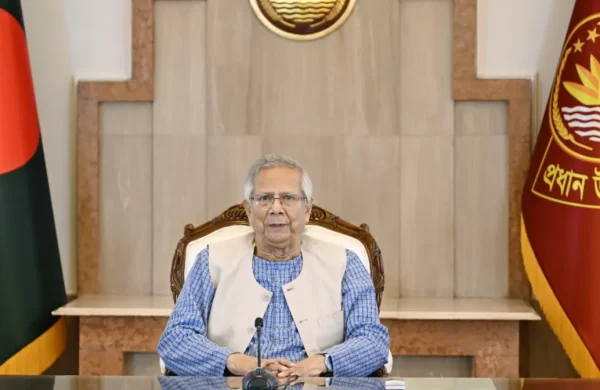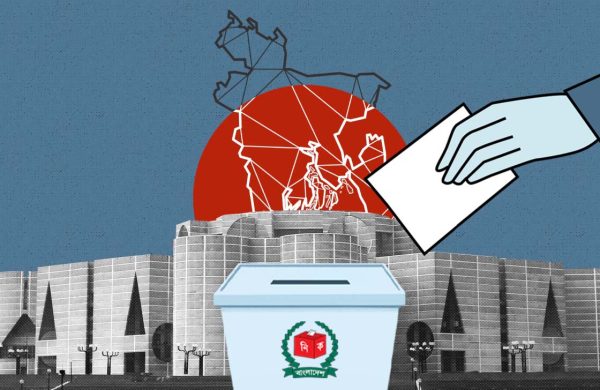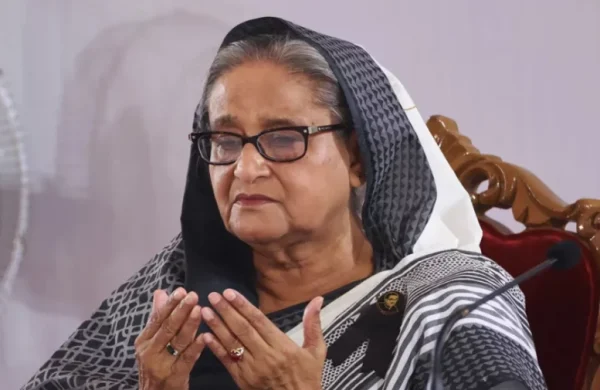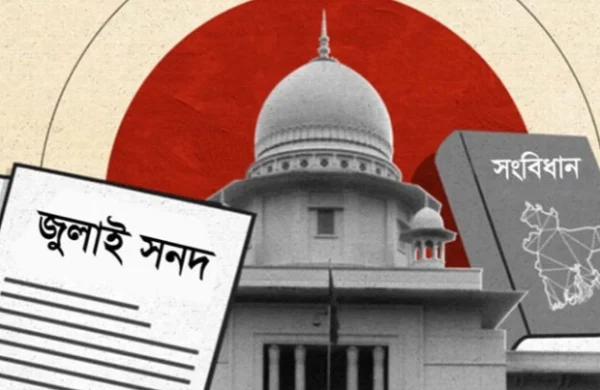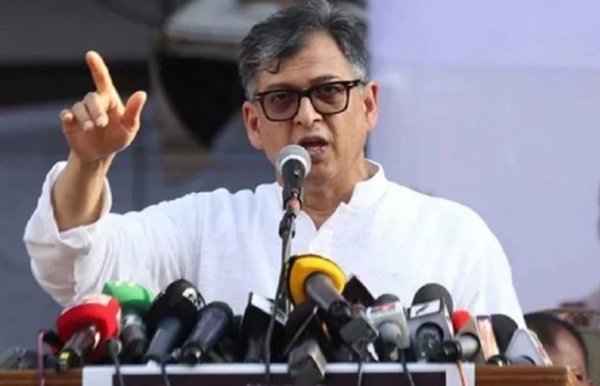Even roadside eateries go out of reach
- Update Time : Thursday, October 31, 2024
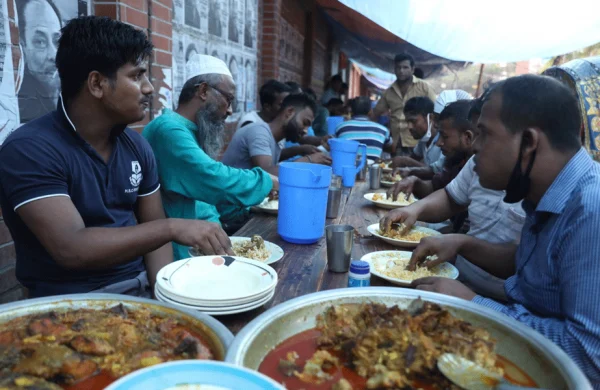
Rising commodity prices have affected roadside restaurants at Dhaka University area as well
TDS Desk:
When rickshaw puller Abdur Rahman was eating lunch – rice, spinach and lentil–at a roadside open restaurant in the capital’s Jhigatola area recently, the shopkeeper asked him if he would take anything else. Rahman replied he wouldn’t be able to afford anything more than what he had already picked due to rising food prices.
“Rice with spinach and lentil is my common lunch and dinner menu every day. Earlier, I used to eat egg curry but now I avoid this as in that case I would have to spend Tk70. Sometimes, when I earn a little more, I choose egg. But that doesn’t happen more than 1-2 days a week,” he told.
Rahman couldn’t remember when he last tasted meat. Recalling the experience of eating fish, he said it was at least a month ago!
“Sometimes, I skip a proper meal eating singara, puri or bread and banana to save money. But in such cases I feel weak as pulling a rickshaw needs much strength,” he added.
Rahman said he earns Tk700-800 per day and spends Tk550-600 as deposit for his rickshaw, house rent and food. Five people, including his wife and children, live in his village home in Chapainawabganj’s Shibganj area. He needs to send a certain amount of money home for them. Therefore, his income doesn’t allow him to try anything which seems costly.
Rising commodity prices have affected roadside restaurants at Dhaka University area as well, leaving little option for daily wage earners and low-income people to have a proper meal.
Even a year ago, egg curry was available at Tk15-20, but currently it sells at Tk30-35. Earlier, Pangas fish curry was priced at Tk30-35, but one has to spend Tk50-60 now for the same item. Rui fish curry sold at Tk30-40 per bowl, which has now increased to Tk60-70.
Apart from this, a vegetable or leafy vegetable dish could be bought at Tk30 and a bowl of lentil soup at Tk10, but the price of both the items has increased by Tk5. On the other hand, the price of rice per plate has increased while the quantity has decreased. Earlier, a plate of rice was Tk10 which is now available at Tk15-20.
Roadside tea stalls have also undergone price adjustment in the recent months. Price of a loaf of bread was Tk10, and now it is Tk15, while a cup of tea used to cost Tk7, and now the price has become Tk10.
Talking to this correspondent, Jahanara Begum Nuri, a bangle seller, said, “One year ago, I could complete my lunch or dinner, spending Tk35-40. But now it costs me Tk70-80. I cannot save any money at the end of the month and it is getting tougher to survive. There is no one to see our plights.”
Eatery owners have also expressed their helplessness in this regard.
Shamima Khatun, owner of a roadside open restaurant, said she has been selling lunch and dinner items for the last seven years but has never seen such a low number of customers like the last six months.
“I go to the market to buy many things but cannot afford them as prices of almost all essentials have gone up. It is not possible to charge even Tk5 extra from my customers. Therefore, I have increased the price so that I don’t have to close my shop,” she said.
SM Nazer Hossain, vice-president of the Consumers Association of Bangladesh (CAB), said things are turning complicated for the low-income people. He said, “People’s expenditure is rising while their income has remained stuck to a certain figure. Being unable to deal with the increasing price of essentials, they are now cutting the list of their food items short. They have little options to choose from and it is ultimately affecting their nutritional demands as well.”
Nazer Hossain suggested the government take special initiatives for the poor people and bring them under social safety nets.
“The last government took a decision to provide food items at fair prices through the Trading Corporation of Bangladesh (TCB). There was much debate as ward councillors mostly distributed cards only to the people loyal to them,” he said.
“A fresh step is required as the problem of low-income people in the village and urban areas are not similar,” Nazer Hossain said, adding that without such steps, all reform initiatives of the interim government will be meaningless to the poor people.


